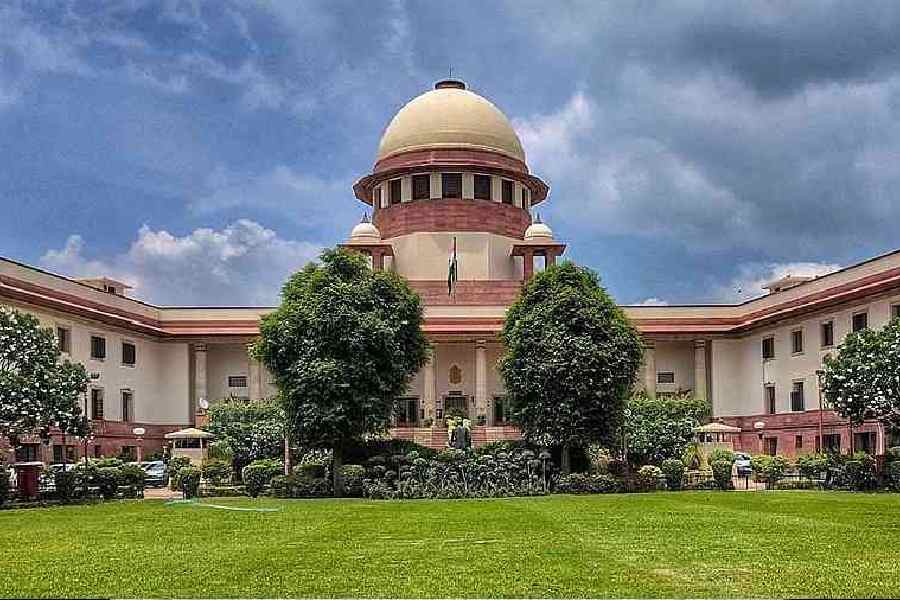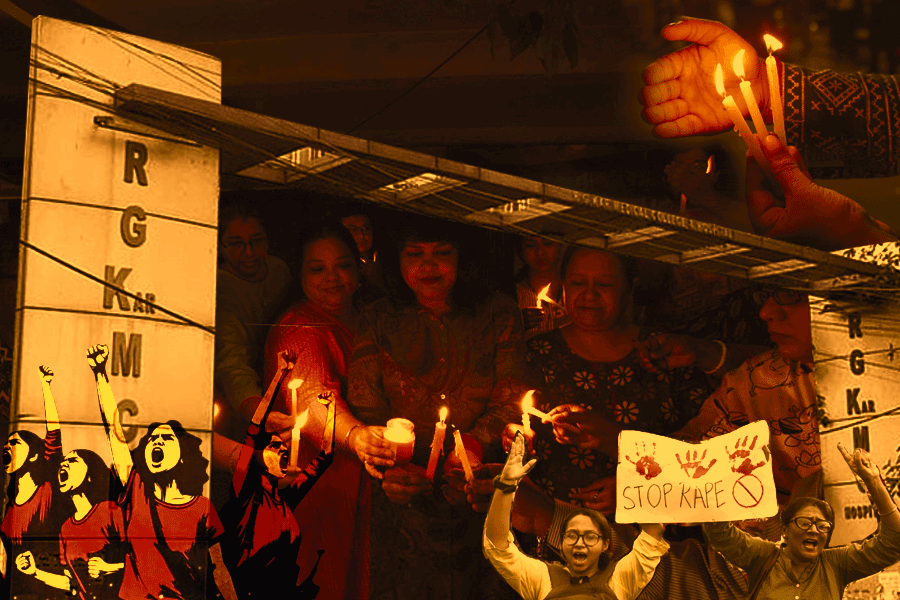The Supreme Court is scheduled to hear on September 12 a batch of petitions challenging the constitutional validity of colonial-era provision of sedition under the Indian Penal Code (IPC).
These pleas had come up on May 1 before the apex court which had deferred the hearing after the Centre said it was at an advanced stage of consultation on re-examining the penal provision.
On August 11, in a landmark move to overhaul colonial-era criminal laws, the Centre had introduced in the Lok Sabha three bills to replace the IPC, CrPC and the Indian Evidence Act, proposing among other things the repeal of sedition law and introducing a new provision with a wider definition of the offence.
As per the cause list of September 12 uploaded on the apex court website, the pleas challenging the validity of section 124A (sedition) of the IPC would come up for hearing before a bench of Chief Justice D Y Chandrachud and Justices J B Pardiwala and Manoj Misra.
While hearing these petitions on May 1, the top court had noted the submission of Attorney General R Venkataramani that the government had initiated the process to re-examine section 124A of the IPC.
"R Venkataramani, Attorney General for India, states that in pursuance of the order dated May 11, 2022, the government has initiated the process of re-examining the provisions of section 124A of the Indian Penal Code, 1860, and consultations are at a substantially advanced stage," the apex court had noted in its May 1 order.
On May 11 last year, in a path-breaking order, the top court had put on hold the colonial-era penal law on sedition till an "appropriate" government forum re-examined it and directed the Centre and states to not register any fresh FIR invoking the provision.
Besides the lodging of FIRs, ongoing probes, pending trials and all proceedings under the sedition law across the country will also be in abeyance, the top court had said.
The law on sedition, which provides for a maximum jail term of life under section 124A of the IPC for creating "disaffection towards the government", was brought into the penal code in 1890, a full 57 years before Independence and almost 30 years after the IPC came into being.
Except for the headline, this story has not been edited by The Telegraph Online staff and has been published from a syndicated feed.










